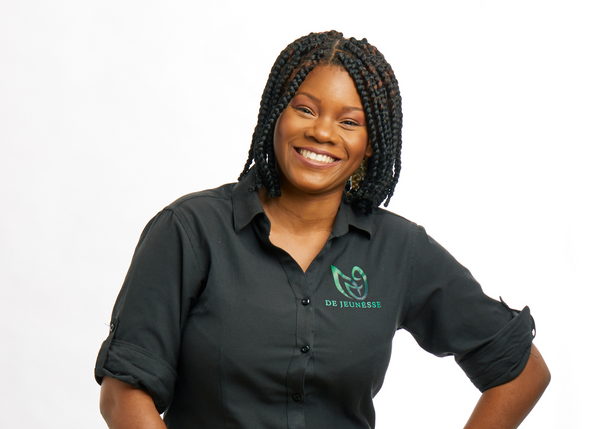
Entrepreneurship is not for the faint-hearted. With an estimated 10 per cent of startups succeeding in their first year, there are 90 per cent of them that fail almost straight out the gate, according to Forbes. During a conversation on the topic of Nurturing Your Passion: From Idea to Execution, Monique Powell, CEO of QuickCart; Eldon Marks, CEO and Founder of V75 Inc; and Kyle Maloney, Co-Founder of Tech Beach Retreat discussed the essential steps every Caribbean founder must take in order to successfully transform their ideas into sustainable businesses. Here are six key takeaways every entrepreneur needs to know.
Do your research
In many instances, a startup’s first product or service doesn’t always fulfil an existing need. Powell notes that oftentimes, entrepreneurs are so consumed by their ideas they forget to consider whether or not there is a genuine demand for it. “You might be in love with an idea but you’re the only one who’s in love with it,” she says. With that in mind, she highly recommends founders do their research by talking to potential customers to “make sure that what you think is a good thing to bring into the market, is actually something other people would value”.
Get comfortable with failure
In the world of entrepreneurship, failure comes with the territory and Maloney sees no shame in that. In fact, he believes that failure fosters growth. Quoting the advice he received from his father, he says: "When you are at your lowest point in life, many times, you are at your highest point of opportunity.” Indeed, even with proper planning and a viable business idea, stumbling blocks are to be expected. The key is to capitalise on those missteps by using the lessons learned to improve your business model.
Prepare yourself financially
Most entrepreneurial journeys begin with an 8-4 job that offers a range of benefits. From a steady income to health care, this level of stability can be difficult to walk away from. Difficult, but not impossible. Having saved the equivalent of one year’s salary before leaving her corporate job, Powell advises that “one of the first things [to do] is to get yourself financially ready”. Calculate what is needed to comfortably support yourself and your family then commit to saving to create that financial cushion. Because despite your optimism, there will be a lot more cash flowing out than in, in the early days of building your business full time.
Accept that the timing will never be “perfect”
And that’s OK, according to these entrepreneurs. You may always feel compelled to save more money, do more research, or attract more investors, but in the end, you can’t let these things stop you from taking the plunge. For Powell, being “80 per cent ready” is a sound indicator that you’re in a good place to get started, while Marks believes the signs are more centred around your ability to connect your vision with action. “It’s a matter of understanding where you stand, what you’re capable of offering and hooking into your passion in delivering,” he says.
Start with strong core values
It’s a well-known fact that corporate culture directly impacts productivity and profitability. To that end, Marks encourages founders to “start with a good collection of core values” that are ingrained in your employees. Once this is achieved, as your team grows, those who respond well to the core values are well integrated, whereas those who [are] not necessarily compatible with it…[are] naturally excised.” The end result will be a cohesive unit that fully buys into your vision and embodies the true spirit of your organisation.
Take care of your mental health
Fact: Starting a business isn’t easy. However, you never really know how difficult the process is until you’re actually doing it. While nothing can fully prepare you for the toll entrepreneurship will take on your life, it is imperative that entrepreneurs do what is necessary to prepare themselves mentally and emotionally. “This is going to be one of the hardest things you’ve ever done,” Powell says, so she encourages founders to tap into family, friends, and even the wider community for support. Maloney also promotes the benefits of a healthy diet and meditation to gain more control of one’s mental health and avoid burnout, which is a common symptom experienced by entrepreneurs, new and seasoned alike.
Entrepreneurship is a long and weary road, but for Maloney, Powell, and Marks, the sacrifices were worth it and today they are reaping the rewards. There may not be a foolproof plan to help you chart a flawless course, but Maloney hit the nail on the head when he shared the lens through which he views entrepreneurship: “Do things that make life better for other people” and you’re already off to a strong start.





